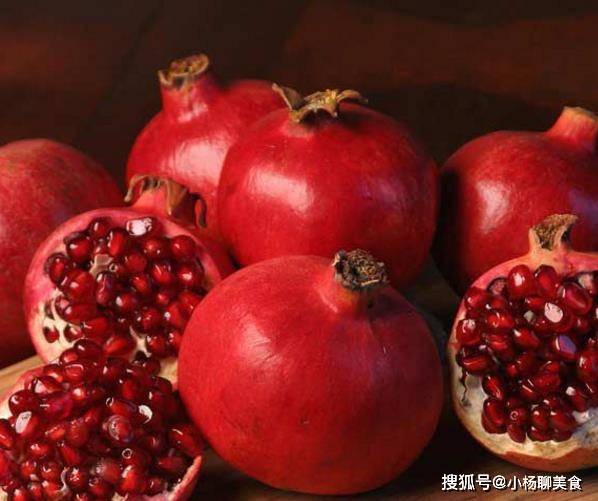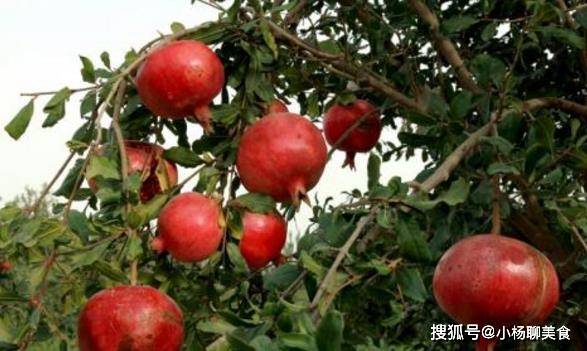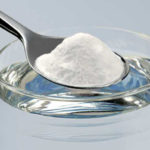In addition to its unique taste and shape, pomegranate also has high nutritional value. Pomegranate is low in calories and fat, rich in fiber, vitamins, and minerals. The vitamin C content in pomegranate is higher than that of apples and many other fruits.

Pomegranate is rich in antioxidants and polyphenolic compounds. Eating pomegranate can help prevent chronic inflammation, combat inflammation in affected areas, slow the development of cancer cells, support cardiovascular health, urinary tract, brain, and digestive system.

Pomegranate has a delicious taste, many people often put pomegranate seeds in their mouths, chew to extract the juice, and then spit out the seeds. However, some people eat the seeds. So, what is the proper way to eat pomegranate, should you remove the seeds?
In fact, the nutritional value contained in pomegranate seeds is very high and beneficial to the human body. They are a source of antioxidants, insoluble fiber, and punicic acid. Animal studies have shown that this unique acid has anti-inflammatory effects.

However, pomegranate seeds are a bit hard. If swallowed directly without chewing, they are not good for the stomach and may increase the risk of intestinal obstruction in people with chronic constipation. People can use a fruit juicer to extract the juice from the pomegranate, thereby gaining the health benefits of pomegranate seeds without putting a burden on the digestive system.

How to Effectively Treat Fishbone Issues at Home
Everyone loves feasting on the deliciousness of fish during the holidays. But, unfortunately, choking on fish bones is an unavoidable issue that may lead to devastating consequences if left unattended for a prolonged period. Let’s see how Dien May Xanh can help us out when fish bones get stuck in our throat.





































